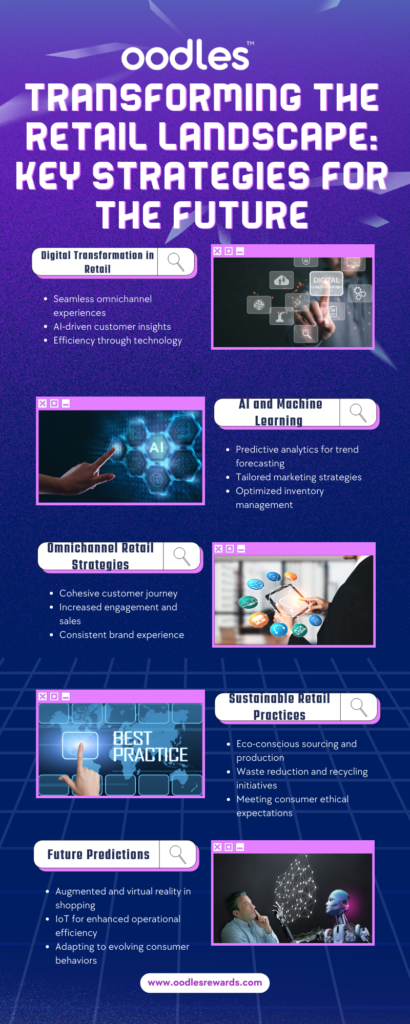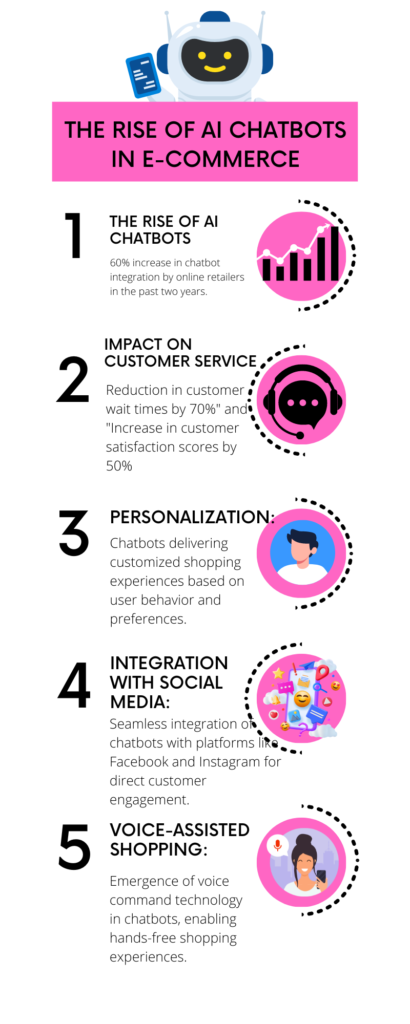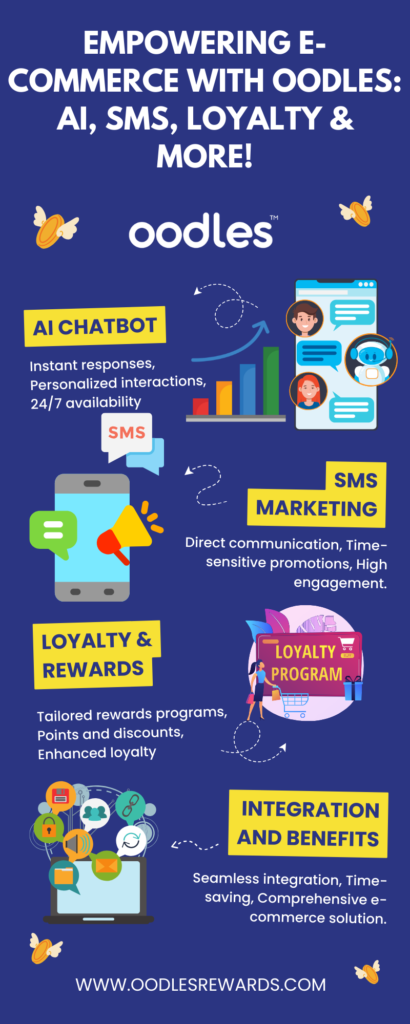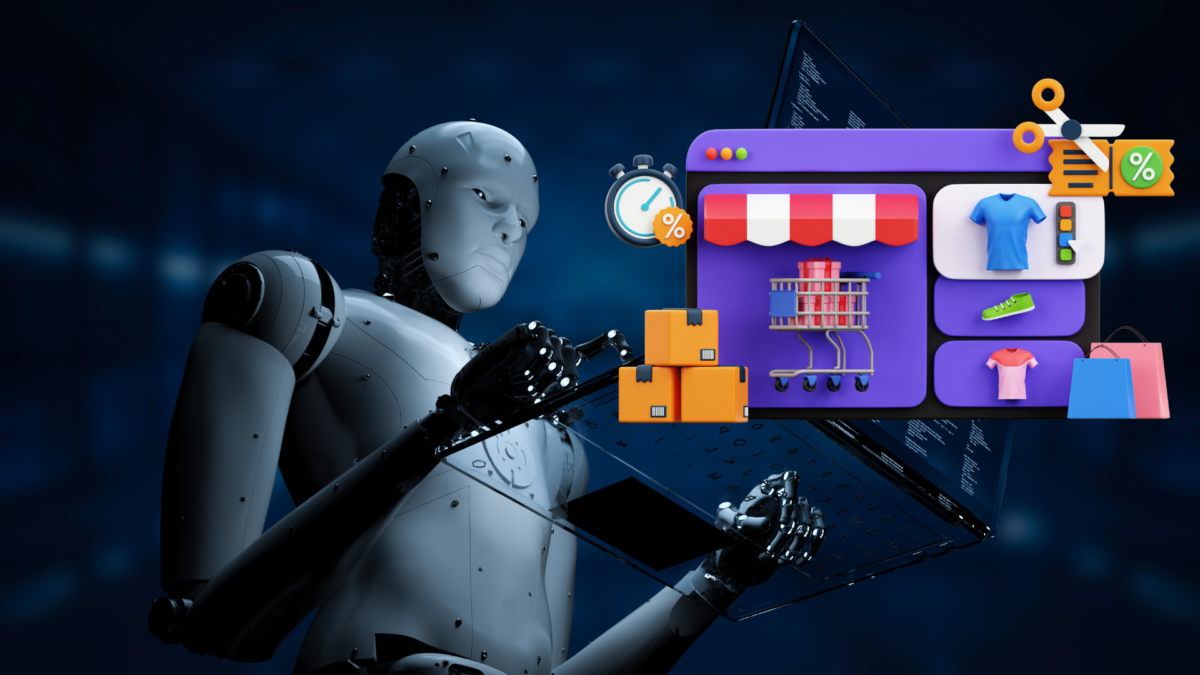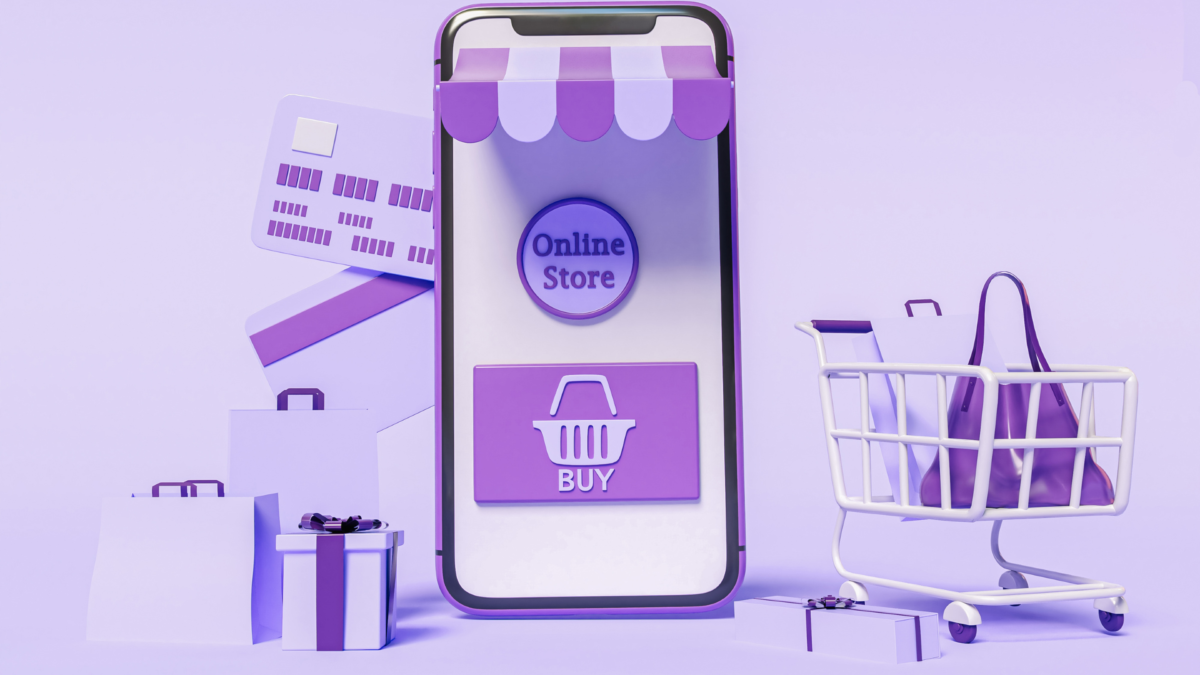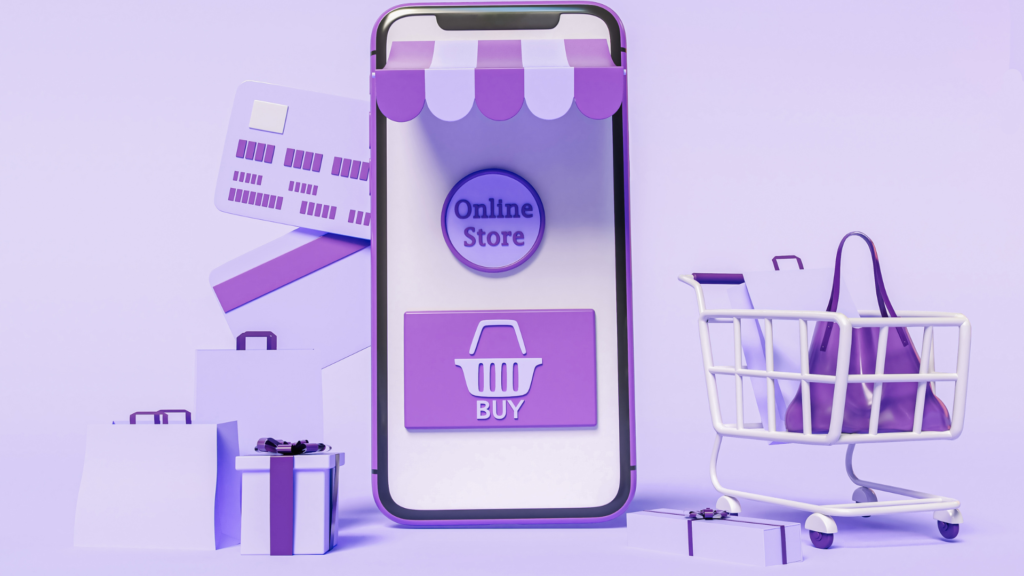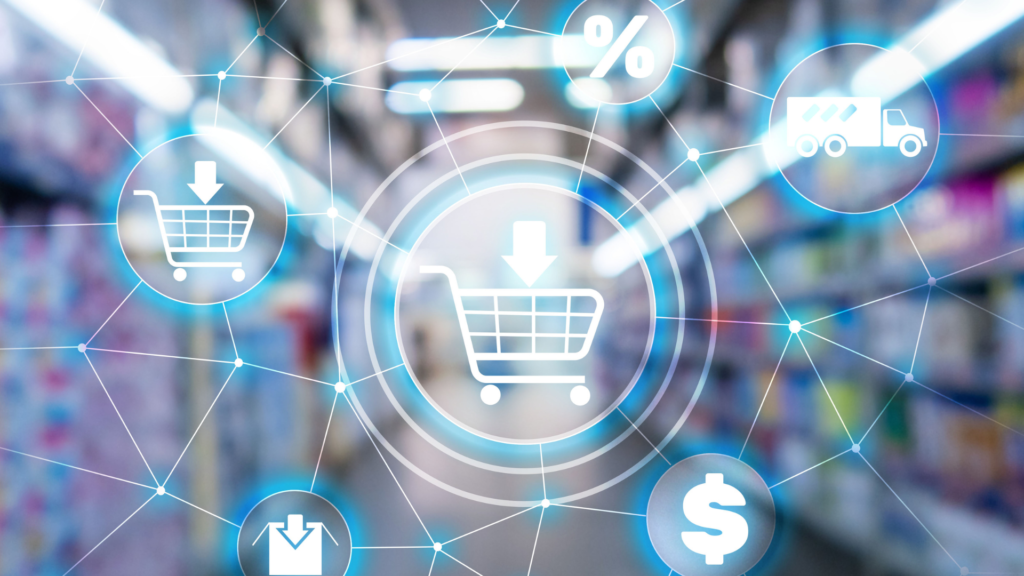Introduction: In the ever-evolving world of e-commerce, customer loyalty remains a cornerstone of sustainable business growth. As we venture into 2024, Shopify merchants are increasingly seeking innovative ways to nurture customer loyalty. The emergence of next-generation reward programs represents a pivotal shift in how businesses engage with and retain their customers. This comprehensive guide explores the art of crafting effective loyalty programs tailored for Shopify stores, ensuring they are well-equipped to meet the demands of a rapidly changing retail landscape.
The Importance of Loyalty Programs in Today’s E-Commerce Ecosystem
In an age where consumer choices are vast, loyalty programs are no longer just an added bonus; they are essential tools for customer retention and brand advocacy. For Shopify merchants, understanding the dynamics of customer loyalty in the digital realm has become critical. A well-structured reward program can transform occasional shoppers into loyal customers, turning one-time transactions into lasting relationships.
Unveiling the Potential of Next-Gen Reward Programs for Shopify
As 2024 unfolds, Shopify merchants are poised to redefine the landscape of customer engagement through next-generation reward programs. These programs are no longer mere point-collection schemes; they have evolved into sophisticated platforms for crafting personalized, meaningful customer experiences. Utilizing advanced technologies like AI and data analytics, these programs transcend traditional boundaries, offering seamless integration across various customer touchpoints. The key lies in understanding and anticipating customer needs, thereby offering rewards that resonate on a personal level.
This approach benefits both the business and the customer. For the business, it means higher engagement rates, increased sales, and improved customer retention. For customers, it translates to a shopping experience that feels understood and valued, with rewards that genuinely enhance their interaction with the brand.
Personalization – The Heart of Modern Loyalty Programs
The cornerstone of modern loyalty programs in the Shopify ecosystem is personalization. By leveraging customer data and behavioral analytics, Shopify stores can create a reward system that speaks directly to the individual preferences and behaviors of each customer. This approach goes beyond the one-size-fits-all model, delivering a customized experience that makes each customer feel uniquely valued.
Personalization can manifest in various forms – from product recommendations based on past purchases to special offers on customer birthdays. The goal is to make the customer feel that the brand not only understands their needs but also appreciates their business. This level of personalization fosters a deeper emotional connection between the customer and the brand, which is a vital ingredient in building long-term loyalty.
Leveraging AI for Smarter Reward Mechanisms
The integration of Artificial Intelligence (AI) into reward programs represents a significant leap forward for Shopify merchants. AI’s capability to analyze vast amounts of data and predict customer behavior is a game-changer. It enables merchants to automate reward allocation, ensure timely and relevant rewards, and even suggest products that customers are likely to purchase.
Imagine a system that not only tracks purchase history but also understands browsing behavior, social media interactions, and even response patterns to previous rewards. Such a system can dynamically adjust its reward offerings to match the evolving preferences of each customer, ensuring that every reward feels personal and well-timed.
This intelligent approach to rewards is not just about efficiency; it’s about creating a shopping experience that is constantly adapting and evolving, much like the customers themselves. It’s a way for Shopify merchants to stay ahead of the curve, offering their customers not just what they want, but also what they didn’t know they wanted.
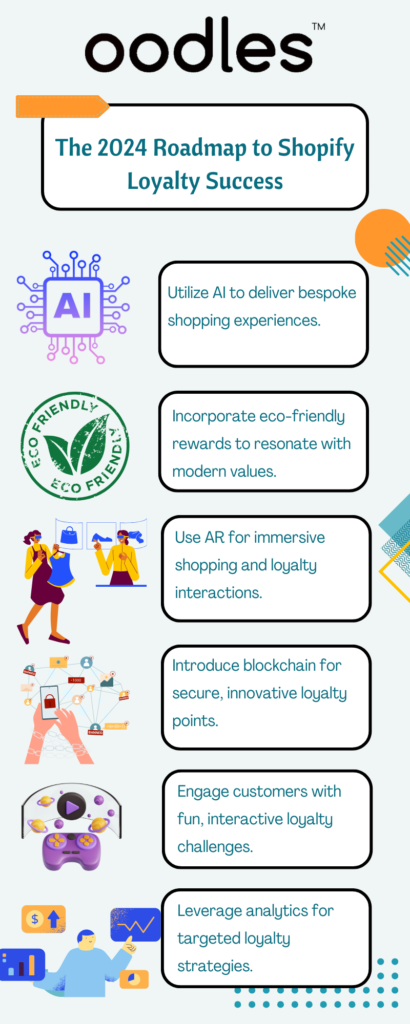
Integrating Omni-Channel Strategies in Reward Programs
The concept of omni-channel retailing has been a buzzword for some time, but in 2024, it’s an operational imperative for Shopify stores. Integrating omni-channel strategies into loyalty programs means providing a cohesive, seamless experience across all customer interaction points – be it online, in-app, or in physical stores. This integration allows merchants to track and reward customer behavior regardless of how or where a purchase is made.
For example, a customer might browse products on a mobile app, make a purchase online, and choose in-store pickup. A well-integrated reward program recognizes and rewards each of these interactions, providing a consistent brand experience. This seamless approach not only simplifies the customer journey but also reinforces the brand’s presence across different channels, enhancing overall customer engagement and loyalty.
Omni-channel reward programs also offer the flexibility to redeem rewards in various ways, adding to the convenience. Whether it’s a discount on the next purchase, exclusive access to new products, or redeemable points across different platforms, these rewards cater to the diverse preferences of modern shoppers.
Creating a Community Around Your Brand
In 2024, loyalty programs are not just transactional; they’re about building a community around your brand. Shopify merchants are uniquely positioned to leverage their platforms to create a sense of belonging among their customers. This involves more than just offering rewards; it’s about creating a space where customers feel connected to the brand and to each other.
Community-building can be facilitated through exclusive events, member-only forums, or user-generated content campaigns. Encouraging customers to share their experiences, engage with the brand, and connect with fellow shoppers fosters a sense of community. This approach turns customers into brand advocates, amplifying the brand’s reach and impact.
In addition, community-driven loyalty programs often see higher engagement rates, as customers are motivated by both tangible rewards and the intrinsic value of being part of a brand community.
This dual motivation significantly enhances the effectiveness of the loyalty program.

The Role of Gamification in Enhancing Loyalty Programs
Gamification has emerged as a powerful tool in the arsenal of Shopify merchants looking to elevate their loyalty programs. By incorporating game-like elements such as points, levels, challenges, and rewards, merchants can significantly enhance customer engagement and retention. In 2024, gamification goes beyond mere point collection; it creates an immersive and interactive experience that resonates with customers.
Imagine earning points not just for purchases but for a range of activities like writing reviews, referring friends, or participating in social media challenges. These points could unlock various levels, each with its own set of perks and rewards. Such an approach taps into the natural human propensity for competition and achievement, making the shopping experience more engaging and enjoyable.
Furthermore, gamification can be tailored to align with brand identity and customer preferences, ensuring that it adds value to the overall customer experience rather than being a superficial add-on. For instance, a brand focusing on sustainability might offer rewards for eco-friendly shopping behaviors, thus aligning the gamification strategy with its core values.
Leveraging Social Proof in Reward Programs
Social proof is a powerful psychological phenomenon where people conform to the actions of others, assuming those actions reflect correct behavior. For Shopify stores, incorporating social proof into loyalty programs can significantly boost their effectiveness. This could involve showcasing customer testimonials, user-generated content, or popularity metrics (like the number of customers who bought a product).
Incorporating social proof into loyalty programs can take many forms. For example, offering rewards for customers who share their purchases on social media not only provides them with an incentive but also leverages their influence to attract new customers. Similarly, featuring top reviewers or most active community members can encourage more customers to engage with the brand.
This strategy not only amplifies the reach of the loyalty program but also builds trust and credibility among potential customers. Seeing real people endorse a brand and its products is a powerful motivator for others to explore and engage with the brand.

Harnessing Data Analytics for Tailored Reward Programs
In the digital age, data is king, and this holds especially true for Shopify merchants crafting loyalty programs. Harnessing data analytics allows for the creation of highly tailored reward programs that can anticipate and meet customer needs more effectively. In 2024, the use of data analytics in loyalty programs is not just an advantage; it’s a necessity.
Data analytics enable merchants to gain deep insights into customer behavior, preferences, and purchasing patterns. This information can be used to customize rewards, making them more relevant and appealing to each individual customer. For example, data can reveal which products a customer views most often, allowing merchants to offer targeted discounts on those items as a reward.
Moreover, data analytics can also help in segmenting the customer base, allowing for the creation of specialized loyalty programs for different customer groups. This segmentation can be based on various factors like purchase history, geographical location, or even customer lifetime value. Tailoring loyalty programs based on these segments ensures that each customer receives rewards that are most relevant to them, thereby increasing the effectiveness of the program.
Future-Proofing Loyalty Programs: Adapting to Emerging Trends
As we advance further into 2024, it’s crucial for Shopify merchants to stay ahead of emerging trends in the e-commerce and loyalty program spheres. Future-proofing loyalty programs involves continuous adaptation and evolution to meet the changing needs and expectations of customers.
Emerging trends like augmented reality (AR), virtual reality (VR), and blockchain technology are starting to play significant roles in loyalty programs. For instance, AR can be used to enhance the shopping experience, allowing customers to try products virtually. Integrating such technologies into loyalty programs can create unique and memorable experiences, thereby fostering stronger customer loyalty.
Blockchain technology, on the other hand, offers an innovative approach to reward programs through tokenization and enhanced security. This technology can enable transparent and secure point systems, where customers can earn, track, and redeem loyalty points with ease and confidence.
Staying abreast of these trends and incorporating them into loyalty programs ensures that Shopify stores remain competitive and appealing to tech-savvy customers.

The Impact of Mobile Optimization on Loyalty Programs
In 2024, the significance of mobile optimization in the success of loyalty programs cannot be overstated for Shopify merchants. With an ever-increasing number of consumers using smartphones for shopping, a mobile-optimized loyalty program is no longer an option but a necessity. It’s about creating an experience that is not just accessible but also engaging on a mobile device.
Mobile optimization involves designing the loyalty program to be responsive and user-friendly on mobile platforms. This includes ensuring that the loyalty app or website interface is easy to navigate on a small screen, loads quickly, and offers a seamless experience from browsing to redeeming rewards. Furthermore, incorporating features like push notifications can keep customers engaged and informed about their loyalty status and new rewards.
A mobile-optimized loyalty program also opens the door to location-based rewards. For instance, offering special discounts or points when a customer visits a physical store or a particular location can create an exciting and interactive shopping experience. This level of personalization and convenience is likely to increase customer engagement and loyalty significantly.
Sustainability in Loyalty Programs: A New Era of Conscious Consumerism
As we embrace 2024, sustainability has become more than a buzzword; it’s a movement, especially among Shopify merchants. Integrating sustainability into loyalty programs reflects a brand’s commitment to environmental and social responsibility, resonating deeply with the growing segment of conscious consumers.
This can involve rewarding customers for making sustainable choices, such as purchasing eco-friendly products, opting for minimal packaging, or participating in recycling programs. Additionally, loyalty programs can contribute to sustainability initiatives, where points earned by customers translate into the brand making contributions to environmental causes.
Such an approach not only enhances the brand’s image but also fosters a sense of collective responsibility and achievement among customers. This alignment of brand values with customer values can be a powerful driver of loyalty, as customers feel they are contributing to a greater cause while engaging with their favorite brands.

Creating Emotional Connections Through Storytelling in Loyalty Programs
In 2024, creating an emotional connection with customers has become a key element for Shopify merchants in developing successful loyalty programs. Storytelling is a powerful tool in this endeavor, as it allows brands to connect with customers on a more personal and emotional level. Through storytelling, merchants can share their brand’s values, mission, and vision, making customers feel like they are part of a larger narrative.
Effective storytelling in loyalty programs can involve sharing the journey of the brand, highlighting customer stories, or creating narratives around how the products or services impact lives. This approach goes beyond transactional relationships and fosters a deeper bond between the brand and its customers. When customers feel emotionally connected to a brand, their loyalty and advocacy are likely to increase significantly.
Moreover, storytelling can be integrated into various aspects of the loyalty program, such as in marketing communications, rewards descriptions, or even in the way the program is structured. The goal is to make every interaction with the loyalty program a meaningful experience that resonates with the customer’s values and emotions.
Measuring the Success of Your Loyalty Program
For Shopify merchants, it’s crucial not just to implement a loyalty program but also to measure its success effectively. Understanding the impact of your loyalty program helps in making data-driven decisions to enhance its effectiveness further. Key metrics to track include customer retention rates, average order value, program enrollment numbers, and redemption rates.
Advanced analytics tools available to Shopify merchants can provide deep insights into these metrics, allowing for a thorough analysis of the program’s performance. Additionally, gathering customer feedback through surveys or direct communication can offer valuable qualitative insights into how the program is perceived and where improvements can be made.
Regularly reviewing and adjusting the loyalty program based on these insights ensures that it remains relevant and appealing to customers. It also helps in identifying trends and patterns that can inform future marketing and loyalty strategies. In essence, measuring the success of your loyalty program is an ongoing process that plays a critical role in its long-term effectiveness.

The Role of Customer Feedback in Refining Loyalty Programs
In the dynamic landscape of 2024, customer feedback hasbecome an invaluable asset for Shopify merchants in refining their loyalty programs. Engaging with customers and soliciting their opinions not only provides insights into what works and what doesn’t, but also makes customers feel valued and heard. This engagement can lead to higher satisfaction and stronger loyalty.
Actively seeking customer feedback can be achieved through surveys, focus groups, or direct communication channels. It’s essential to ask specific questions related to different aspects of the loyalty program, such as reward preferences, ease of use, and overall satisfaction. This direct input from customers can reveal gaps in the program and highlight opportunities for improvement.
Moreover, incorporating customer feedback into the loyalty program demonstrates a brand’s commitment to customer-centricity. It shows that the brand is responsive and adaptable, qualities highly valued by modern consumers. This approach not only enhances the program itself but also strengthens the overall brand image.
Conclusion: The Future of Loyalty Programs in Shopify E-commerce
As we wrap up our exploration of next-gen reward programs for Shopify in 2024, it’s clear that the future of loyalty programs lies in personalization, technological integration, community building, and adaptability. For Shopify merchants, staying ahead in the competitive e-commerce space means continuously innovating and evolving their loyalty programs to meet and exceed customer expectations.
The successful loyalty program of tomorrow will be one that seamlessly integrates with the customer’s lifestyle, offers personalized and relevant rewards, and creates a sense of community and emotional connection. It will leverage data analytics for insights, use technology like AI and AR to enhance the experience, and be ever-responsive to customer feedback and market trends.
As merchants on Shopify, it’s crucial to view loyalty programs not just as a marketing tool but as a fundamental component of the customer experience. The focus should always be on adding real value to customers’ lives, fostering long-term relationships, and building a loyal customer base that grows with the brand.
In conclusion, the loyalty program of the future is much more than a points system; it’s a comprehensive strategy for customer engagement and brand growth. As Shopify continues to evolve, so too will the ways in which merchants connect with and reward their customers, paving the way for a new era of loyalty in e-commerce.


